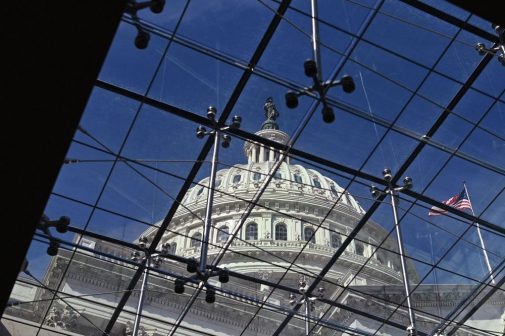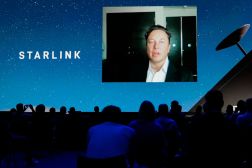 NASA rolled out a big app upgrade to commemorate the second anniversary of the Mars Curiosity’s landing on Mars. (Graphic Courtesy of NASA)
NASA rolled out a big app upgrade to commemorate the second anniversary of the Mars Curiosity’s landing on Mars. (Graphic Courtesy of NASA)Even as a NASA review panel approved funding for seven planetary science projects, most were criticized for failing to describe new substantial discoveries, with the panel asking that one plan tied to a Mars-based mission be revised.
NASA’s Planetary Mission Senior Review panel called for NASA headquarters to revise its science plan for the Mars Curiosity Rover after it chastised the project for only planning to collect eight surface samples over the next two years. The panel called the plan a “poor science return for a such a large investment in a flagship mission.”
Curiosity cost NASA $2.5 billion, which is the second most expensive of the seven reviewed missions.
Complicating matters was the claim from the panel that Curiosity team members were not made available for the review, which left the panel with the impression that “the team felt they were too big to fail and that simply having someone show up would suffice.”
“The panel strongly urges NASA HQ to get the Curiosity team focused on maximizing high-quality science that justifies the capabilities and capital investment in Curiosity,” the report read.
The review panel meets every two years to assess a number of NASA programs. While all projects are slated for funding, that money won’t become official until Congress allocates funding for the 2015 fiscal year.
The panel also highlighted three other missions described as having “significant problems” — the Lunar Reconnaissance Orbiter (LRO), Mars Express and Mars Odyssey missions. Questions were raised about whether parts of the LRO and the Mars Odyssey missions can continue to produce new discoveries and as to why the Mars Express still needed funding for image calibration and validation more than a decade into its mission.
You can read the full NASA review here.






